Une offre clé en main
Qui démocratise les bilans de prévention !
Des bilans faciles d’accès
Sans contrainte de déplacement ou d’agenda, grâce à la téléconsultation
Les dernières innovations médicales
Techniques médicales éprouvées + Intelligence Artificielle + Big Data
Un coût maitrisé
Jusqu’à 5 fois moins cher qu’un bilan traditionnel
L’offre Predilife
Prédire pour prévenir
Nos bilans de prévention permettent de définir le profil de risque quant à la survenance de maladies graves et bénéficier ainsi d’un accompagnement sur mesure pour diminuer les principaux risques de pathologie
Le bilan prédictif du cancer du sein
Un bilan de prévention réservé aux femmes pour connaitre son risque de développer un cancer du sein dans les 5 ans et obtenir un suivi et des recommandations personnalisées selon son profil.
En savoir +

À l’occasion d’Octobre Rose, engagez votre entreprise dans la lutte contre le cancer du sein.
Nous vous accompagnons dans cette démarche avec une offre clé en main, simple et rapide à mettre en œuvre, accessible partout en France.
Le bilan prédictif multi-pathologies
Un bilan de santé prédictif à destination des femmes et des hommes afin de définir son risque de développer un cancer du sein, du poumon, de la prostate, colorectal, mélanome ainsi que les risques de maladies cadiovasculaires. Le suivi médical est adapté en fonction du profil de risque.
En savoir +


Des bilans de prévention pour de multiples bénéfices
Nous accompagnons les entreprises, les courtiers et mutuelles ainsi que les professionnels de santé vers la médecine prédictive : personnalisée et digitale.

Répondre à une préoccupation forte de vos collaborateurs

Renforcer votre Marque Employeur

Développer votre engagement santé et augmenter la performance de l’entreprise

Rendre chaque individu acteur de sa santé et anticiper les maladies graves
Ce qu’ils en pensent
« Les actions de prévention de notre partenaire PREDILIFE, spécialiste de la prédiction des risques de cancer du sein, sont significativement moins coûteuses qu'un arrêt maladie dû au cancer, et permettent surtout d’élargir l’offre de soins offerte aux collaborateurs »
« J’ai été heureuse d’avoir pu faire un bilan prédictif du cancer du sein bien avant mes 50 ans, j’ai désormais un programme de suivi personnalisé, ce qui est rassurant »
« Rassurant et intelligent »
Nos partenaires



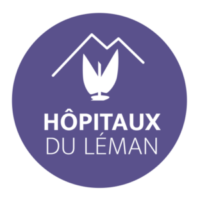
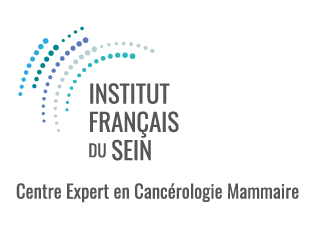

Nos agréments & certifications
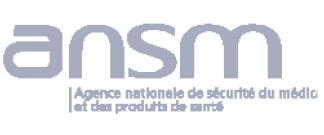
Notre dispositif médical est enregistré auprès de l’ANSM.
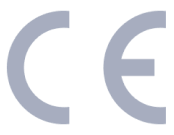
Notre dispositif médical est conforme aux exigences essentielles fixées dans la réglementation européenne (marquage CE).
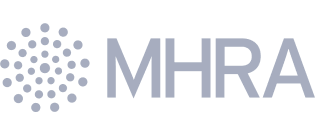
Predilife est enregistré en qualité de fabricant au sein de la MHRA (Medicines and Healthcare products Regulatory Agency) au Royaume-Uni.
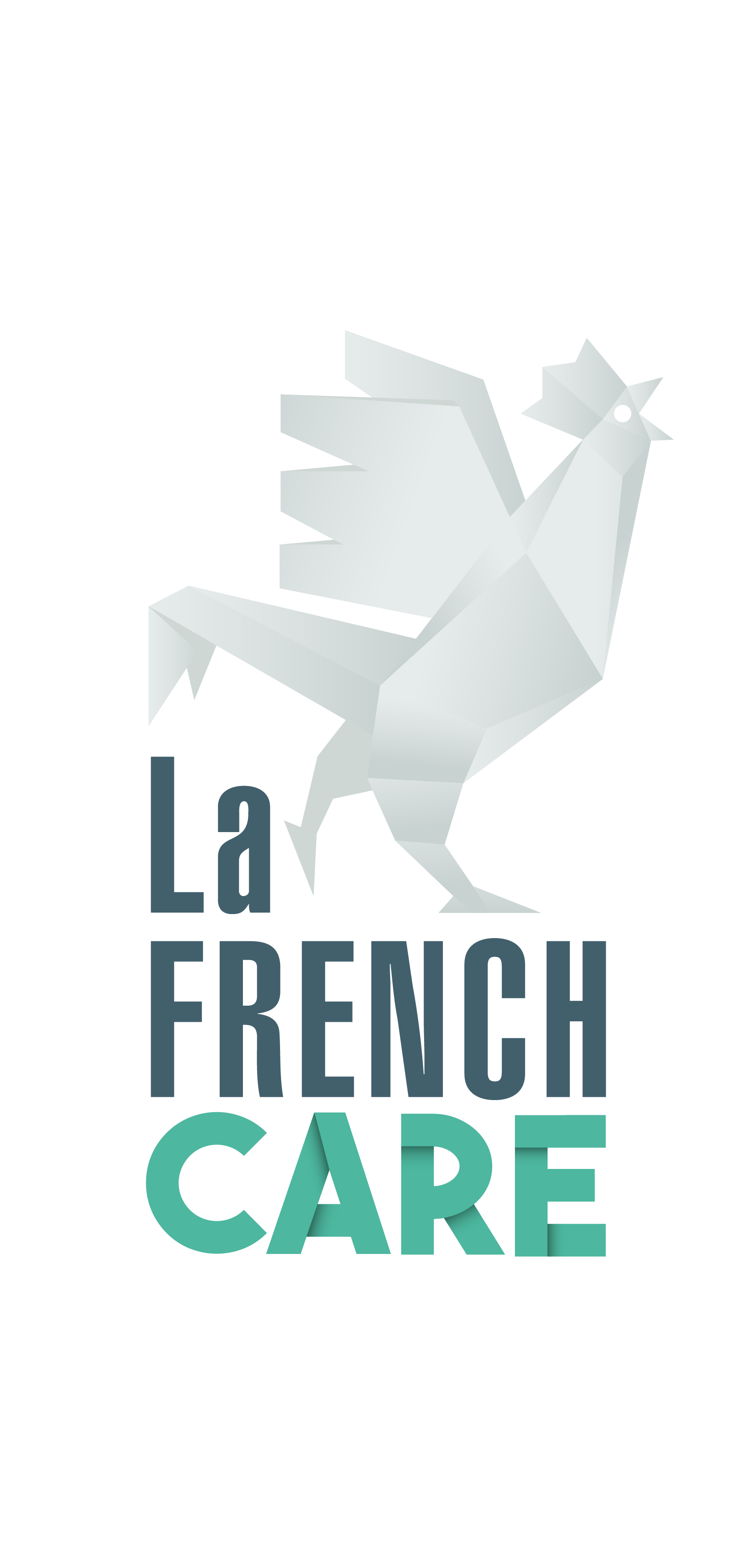
Predilife a rejoint la French Care, la communauté des acteurs du système de santé français. La French Care a pour volonté d’incarner une France de la santé, innovante et ambitieuse.

Predilife a rejoint le superbe réseau de la French Tech Grand Paris, la communauté francilienne des start-up, investisseurs, corporate et community builders.
Les bilans de préventions sont effectués par des professionnels de santé à l’aide de logiciels qui sont des dispositifs médicaux de classe I, fabriqués par Predilife. Ce sont des produits de santé réglementés qui portent au titre de cette réglementation le marquage CE. Ce ne sont pas des tests de diagnostic. Ce sont des tests d’estimation de risque de différentes pathologies. Demandez conseil à votre médecin.
Télécharger le manuel utilisateur ColonRisk
Télécharger le manuel utilisateur MelanoRisk







